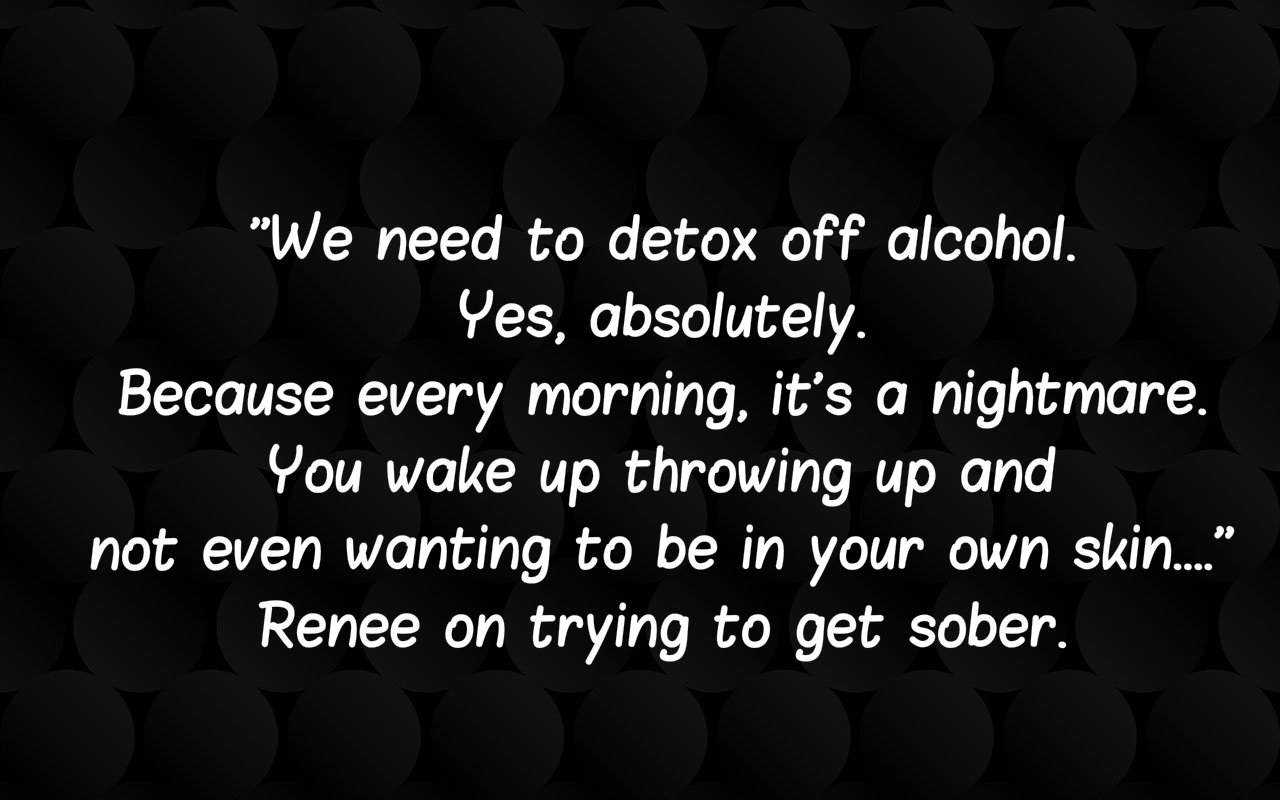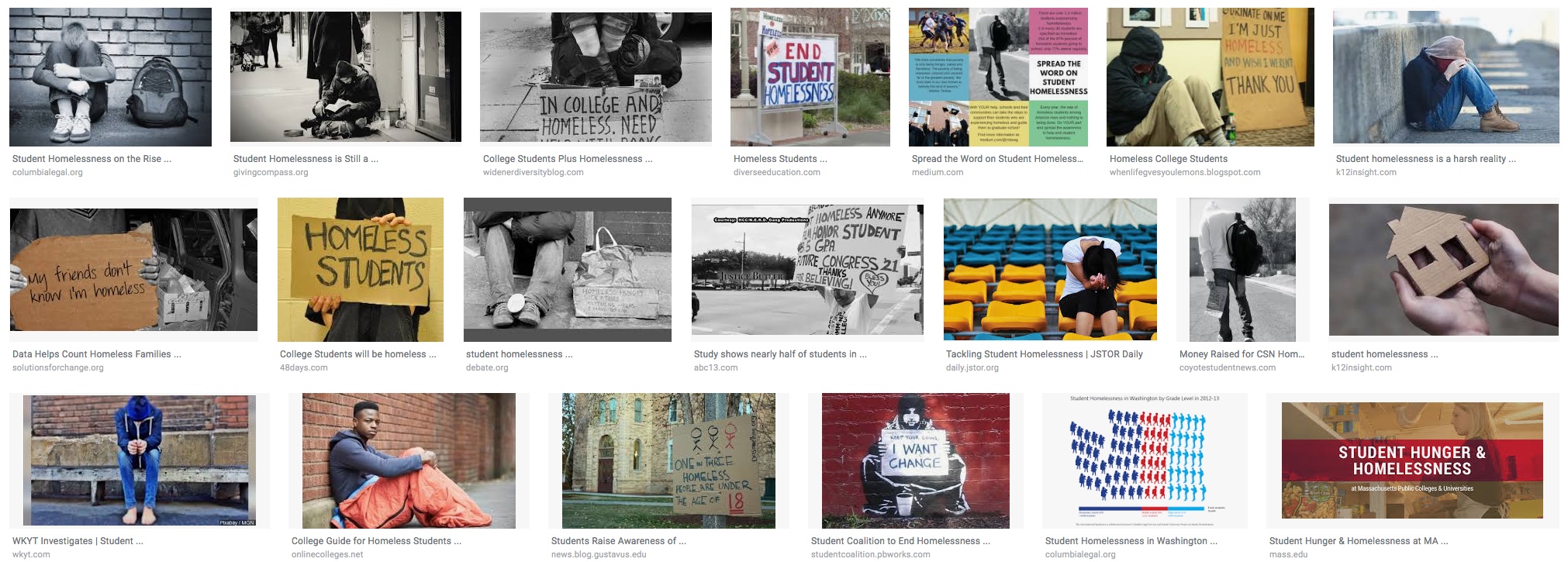Back Together in Reno, after a Jail Separation and Family Troubles
Two college graduates whose lives took difficult turns, Renee and Steven were recently separated after he went to jail in Louisiana and she decided to go back home to Pennsylvania. “I was assaulted while he was in jail. So yeah, it's hard,” she said. She said she missed the embrace of his arms and feeling safe with him.
Renee has two adult children, from before she was with Steven, but she doesn’t speak to them often. He has a daughter from a past relationship. He moved to Reno when his dad got out of prison himself, and started building a house for his daughter, but family relationships soured.
Now, back together, Renee and Steven camp where they can, hustle to find food, and say they drink too much.
“We did this to ourselves,” Renee said. “We made the choice to be this way. And when I walk into a store and somebody follows me because they think I'm just homeless … it's because I made myself this way. We chose this, but we don't hurt people. We don't hurt people. I made bad choices and that's mine. Nobody else's but mine. I was violated, but that's not an excuse. I made my own choices.”
Steven said the two are very similar, and feel much better together than separated.
“I hope you're never homeless... Ever,” Renee said as her parting words. “I hope you never have people look at you like you're nothing but trash. I hope you never have that.”
Renee says she’d like to get sober with Steven, as the lows are getting harder and harder to deal with.
































![“It [Coffee and Blankets Reno] got started because we were not thrilled with what's going on in the country right now and felt hopeless and thought, ‘Well, what's one thing we can do to bring a little bit of hope to people? If we're powerless on a l…](https://images.squarespace-cdn.com/content/v1/5675d221cbced60a236e28b8/1551069910187-6TYC3U2J4B9ACDZ5V2GS/Coffee+and+Blankets+Reno+Volunteers+%281%29.jpg)
























